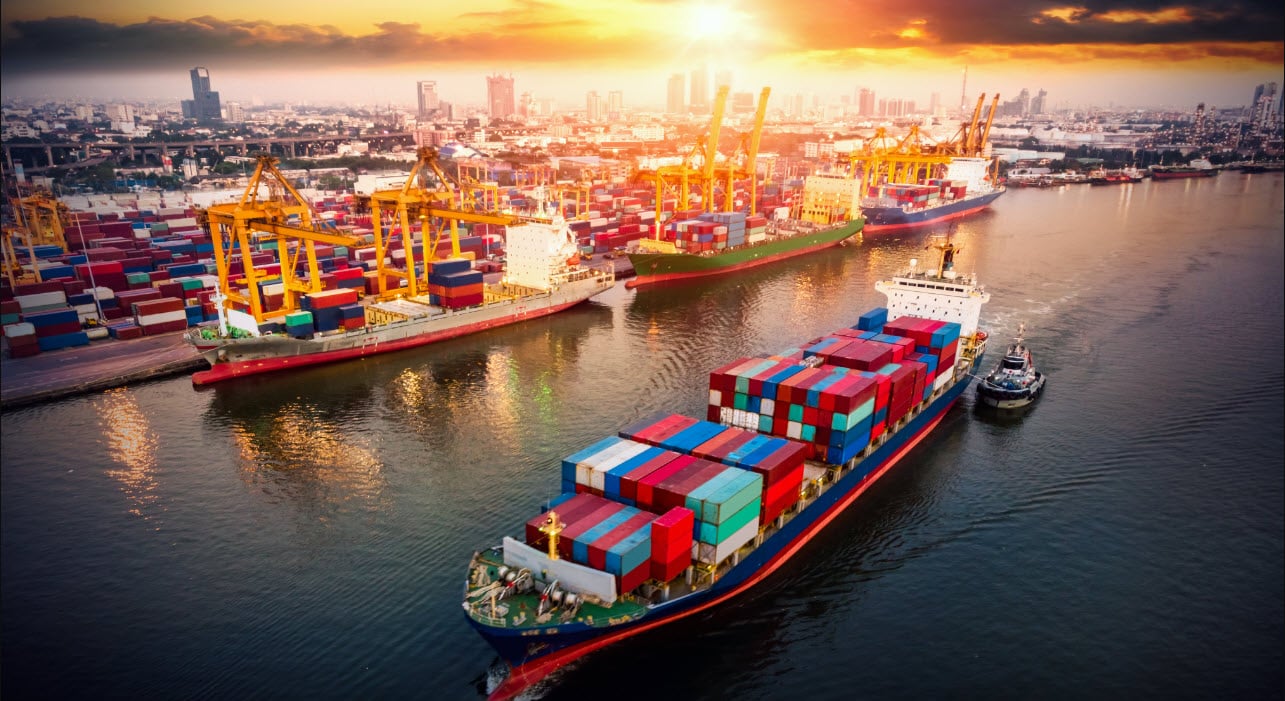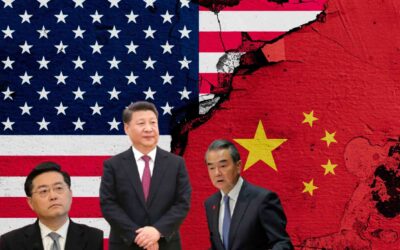Ghana’s trade patterns with the West bear the enduring imprint of a colonial past.
As a classic exporter of raw materials like cocoa, gold, and timber, Ghana was locked into a system that enriched Western powers while offering limited opportunities for value addition and industrialization.
Despite decades of independence, this pattern persists, hindering Ghana’s move up global value chains and perpetuating economic dependency. Today, while trade agreements offer the promise of market access, they alone are insufficient. Ghana urgently needs a fundamental shift in its trade relations to ensure economic transformation and diversification.
Key Trade Agreements: Critical Examination
Let’s dissect the implications of Ghana’s major trade agreements with the West:

Economic Partnership Agreement (EPA) with the European Union: The EPA’s promise of duty-free, quota-free access to the vast EU market is compelling. In practice, however, there’s concern that the agreement’s gradual liberalisation terms will undermine nascent Ghanaian industries by flooding the market with cheaper European goods.
Critics fear the EPA could stifle Ghana’s long-term industrial ambitions. Conversely, proponents argue the EPA induces a degree of competitive pressure on Ghanaian businesses and opens new markets for value-added Ghanaian products. Careful monitoring and strategic industrial policy are crucial to determining if the EPA is truly living up to its development promises.
USA-Ghana Trade and Investment Framework Agreement (TIFA): While less comprehensive than a free trade agreement, TIFA aims to facilitate dialogue, address trade barriers, and encourage investment.
Recent initiatives like the US-West Africa Trade and Investment Partnership signal renewed American interest in competing with China for influence and trade with Africa. Ghana must strategically leverage this interest, extracting tangible benefits while maintaining economic sovereignty and avoiding restrictive terms.
The UK-Ghana Trade Partnership Agreement: This post-Brexit agreement primarily seeks to avoid disruptions to existing trade flows between Ghana and the UK.
While providing continuity, it offers limited potential for fundamentally reshaping the trade relationship. The crucial question is whether Ghana can negotiate stronger provisions in the future that move beyond the status quo and support value-added exports.
The Game-Changer: African Continental Free Trade Area (AfCFTA)

The AfCFTA has the potential to redefine Africa’s global trade trajectory, and Ghana stands as a key player due to its hosting of the AfCFTA secretariat. Reducing intra-African trade barriers and creating a market encompassing 1.3 billion people presents vast opportunities for Ghanaian businesses.
The success of AfCFTA hinges on resolving non-tariff barriers, harmonising regulations and standards, and investing in infrastructure to facilitate trade. Ghana must seize this opportunity to prioritise regional value chains, foster production complementarities with other African economies, and diversify away from overreliance on traditional markets.
Strategies for Success
Unlocking Ghana’s potential in trade with the West necessitates a multi-pronged approach:
Value Addition as a National Priority: Ghana must break free from the raw material exporter trap. This requires investing in agro-processing, establishing special economic zones, and developing the manufacturing sector to climb value chains. Trade deals should contain provisions for technology transfer and support for upgrading Ghanaian production capabilities.
Skills & Innovation: A competitive workforce is indispensable. Educational reform focusing on STEM fields, technical training, and fostering entrepreneurship will equip Ghana’s labour force to power an industrialised economy.

Robust Trade Negotiation: Strengthening technical expertise in trade negotiations is key for Ghana to gain advantageous terms. Understanding the complexities of modern trade deals and securing safeguards for vulnerable sectors is paramount.
Strategic Regionalism: AfCFTA holds immense potential, but its realisation won’t be automatic. Ghana must champion regional infrastructure projects, advocate for the removal of non-tariff barriers, and strategically build cross-border value chains within the region.


